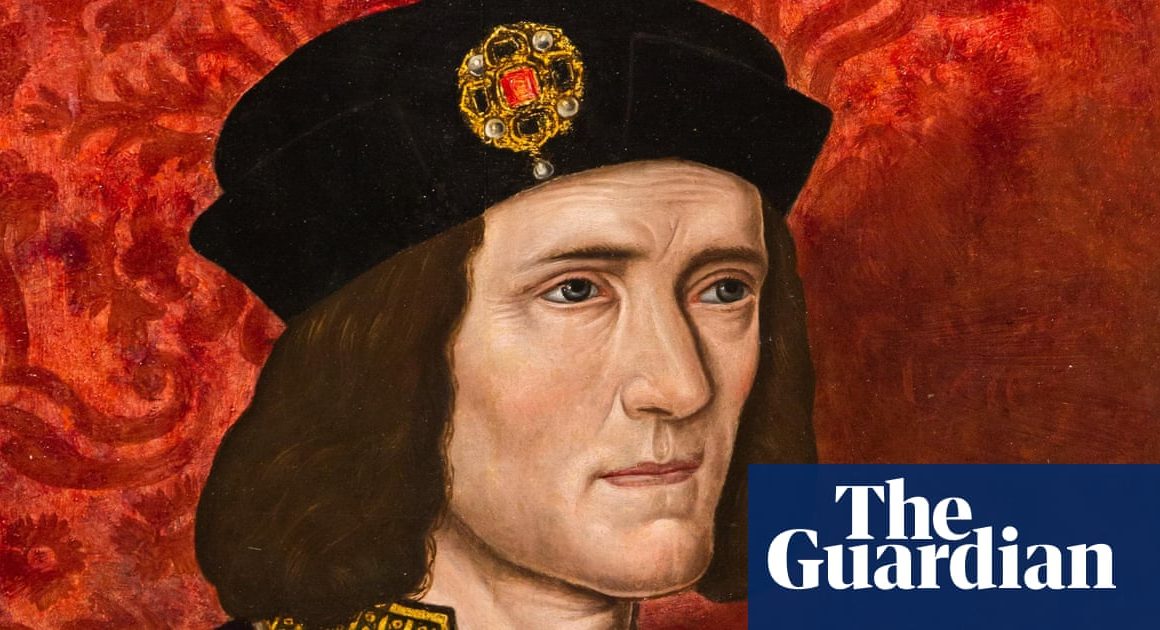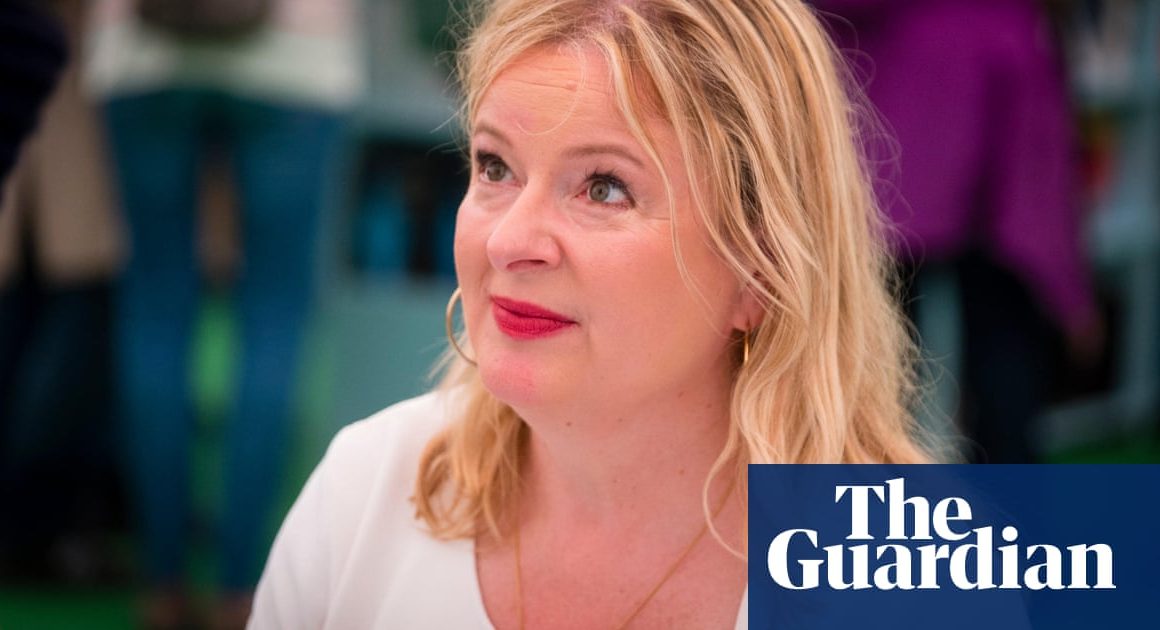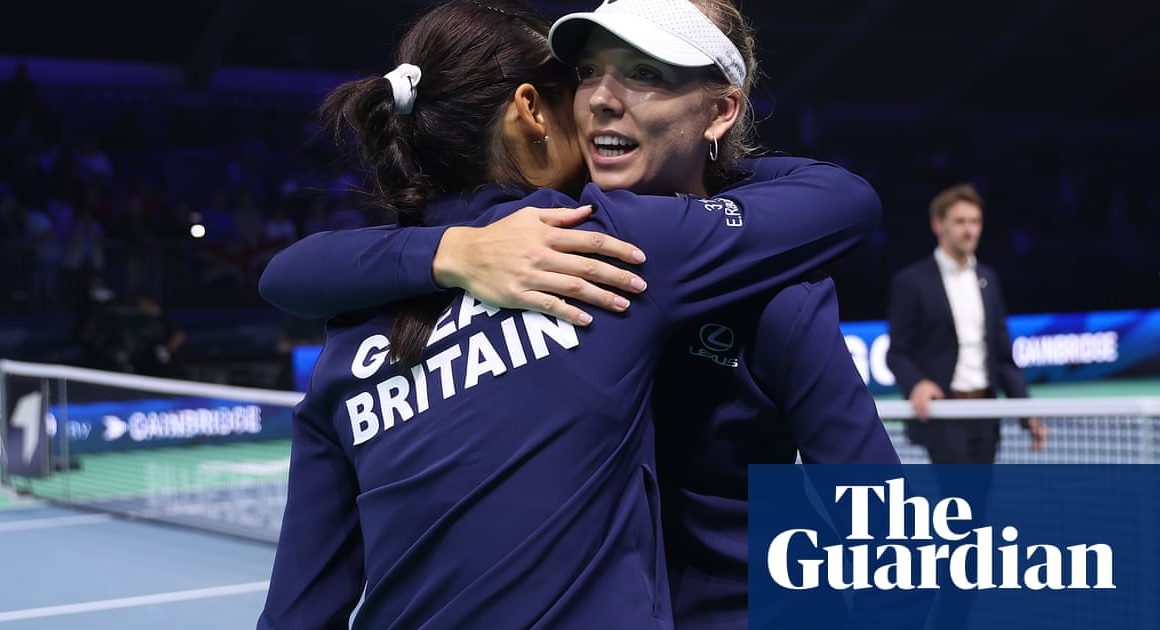Nine days ago Poppy Maskill powered to victory in the S14 100m butterfly to secure Great Britain’s first gold of these Paralympic Games. On Friday the 19-year-old was again imperious in the pool, winning gold in the 100m backstroke to help ParalympicsGB reach their gold tally in Tokyo three years ago with two days to spare.
And the teenager has done plenty to add to that total. Friday’s medal was her fifth of a remarkable Games – three golds, two silvers – and was hugely impressive, the teenager overhauling her great rival Valeriia Shabalina over the final 25 metres.
Olivia Newman-Baronius came third, adding a bronze to the gold she collected in the mixed S14 4x100m freestyle relay.
Earlier in the women’s S6 400m freestyle Maisie Summers-Newton added a bronze to her two golds from the Paris Games, improving from her fourth place in the event in Tokyo and taking her Paralympic medal total to five.
“It’s been spectacular,” she said of her Paralympic experience in Paris. “I imagined it would be amazing but never this amazing. It’s been a couple of weeks I’ll never forget.”
Three British men contested the S14 100m backstroke, with Mark Tompsett edging out Will Ellard for a bronze behind Australia’s Ben Hance and Brazil’s Gabriel Bandeira.
At the Stade de France Ben Sandilands stormed to a gold medal and a new world record in the men’s T20 1500m. The 21-year-old from Kirkcaldy surged home in 3min 45.40sec, beating the previous world record by 0.1sec and finishing more than four seconds ahead of his nearest rival, Portugal’s Sandro Baessa. The USA’s Michael Brannigan, the previous world record holder and Rio Paralympic champion, finished third.
“It’s an amazing feeling,” said Sandilands. “I’ve put in so much hard work.
“I knew I had the speed in me at the end from my training. The timing has to be perfect and I went for it, and the world record means a lot. It’s incredible.”
The medal rush at the stadium continued 40 minutes later when Marcus Perrineau-Daley surged to a silver in the men’s T53 100m. The 35-year-old, who was paralysed in a motorbike accident at the age of 25, thundered off the line but could not hold off Belgium’s Maxime Carabin, who came through to take the gold.
“It is incredible but I can’t help but think I could have won a gold medal,” the Briton said. “I was so focused on staying in lane, I was staring at the wheel, but it shows, when I put my power down, they won’t be able to catch me.
“I made three mistakes today and I still won a silver. I am not trying to boast, but when I do get it right, I am destined for gold.”
after newsletter promotion
There was, however, disappointment for Jonathan Broom-Edwards, the reigning world champion and Toyko gold medal winner in the men’s T64 high jump. Broom-Edwards bowed out early on after failing to go beyond 1.89m, well below his personal best after a buildup that was disrupted by a fractured ankle and torn ligaments six weeks out from the Games.
“I mean it hurt,” he said, “but I can’t dwell because I couldn’t expect myself to be at my best like I was before the injury but to just give myself that chance I’m really happy.”
In the table tennis Britain’s Robert Davies had to settle for silver after a 3-0 defeat to Cuba’s Yunier Fernández in the men’s MS1 singles final.
“I’m overjoyed,” said Davies. “My face might not be showing it right now because as an athlete you always want to win and not finish on a loss.
“I did everything that I could in that final and to get into the final in the first place was a real achievement for me.
“Beating the two guys I did in the knockouts made me really chuffed. I just want to go again now. I definitely intend to go to LA [in 2028] but I should probably talk to my wife about that. I just want to thank everyone who has supported me on the way.”












